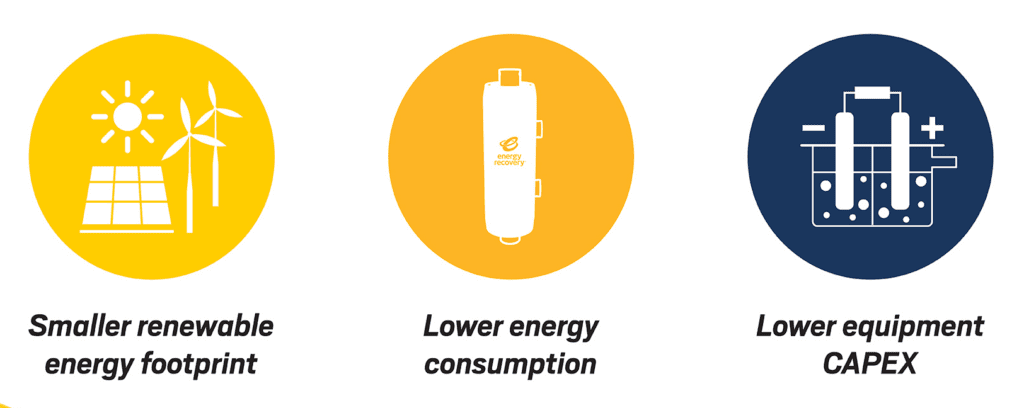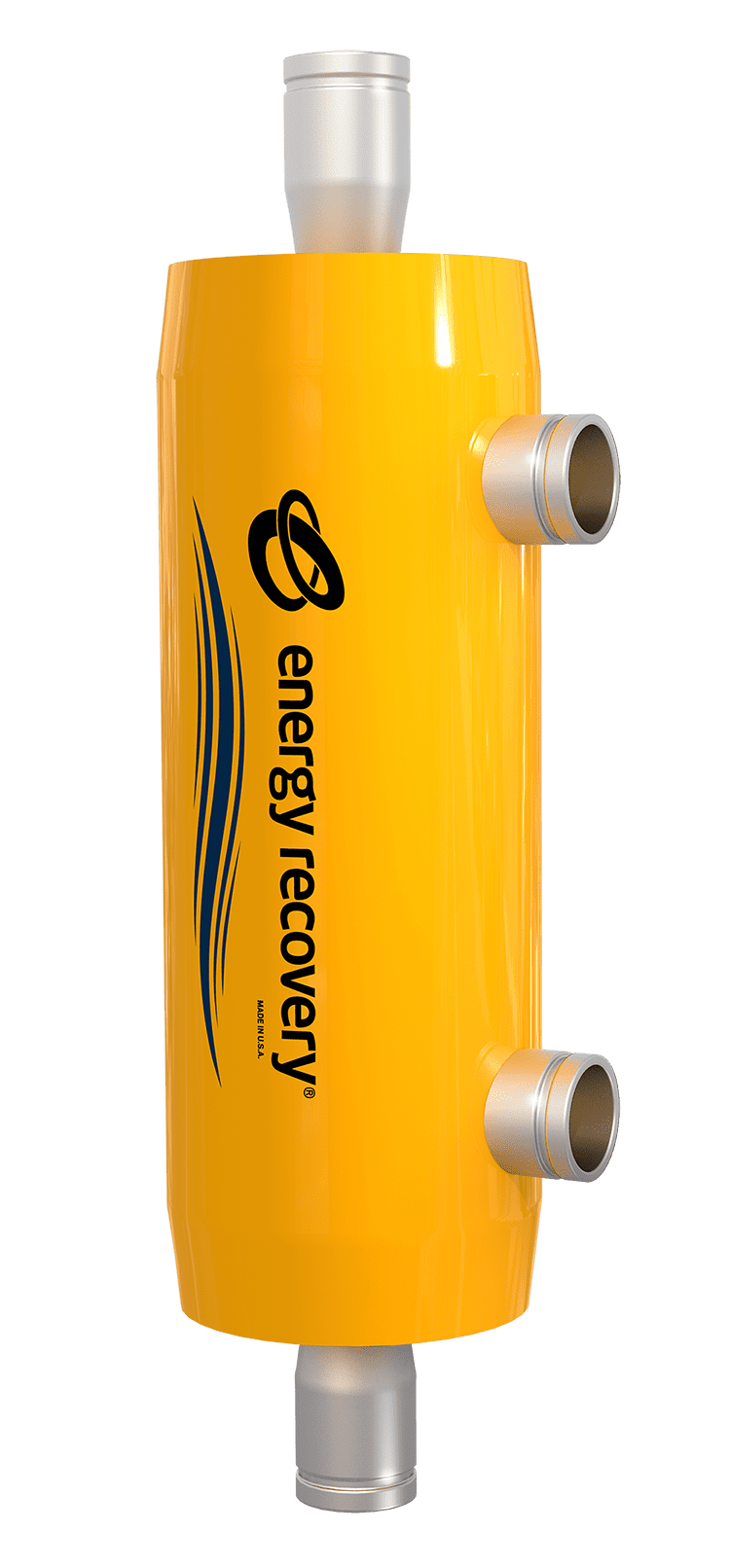Wastewater / Desalination
Riyadh, Saudi Arabia
“IFAT Saudi Arabia is a strategic platform that offers innovative strategies and customized solutions...
Hydrogen plays a vital role in the renewable energy transition, with demand expected to grow by 2050 to reach net-zero emission targets. Although renewable energy sources such as solar and wind are essential in decarbonization, excess energy is difficult to store. Hydrogen is an energy-dense compound that provides energy storage and an alternative source of fuel for long-distance transportation, such as freight, airplanes, and other applications in heavy industry.
Green hydrogen is produced through a process called electrolysis, where water is split into oxygen and hydrogen using renewable energy sources. This process requires significant amounts of ultrapure, deionized water, which may create strain on already water-stressed regions. Using desalinated seawater can help to alleviate this issue. According to GWI, up to 2.5 million m3/day of deionized water may be needed for green hydrogen by 2030, and seawater desalination is expected to be the primary water source for approximately 65% of currently planned projects and reuse the source for another 15% of planned projects.
Producing ultrapure water from seawater necessitates reverse osmosis desalination. Because electrolysis and seawater reverse osmosis (SWRO) are highly energy-intensive, energy recovery devices can significantly reduce energy use to create ultrapure water by recycling pressure energy. The PX® Pressure Exchanger® can substantially lower the energy requirement of seawater reverse osmosis and match the initial feedwater quality requirements for green hydrogen projects while delivering efficiencies of up to 98%. Our PX can be implemented in direct seawater reverse osmosis (SWRO) or in wastewater reuse so that plants capitalize on energy savings and reuse the oxygen on site produced from electrolysis. This oxygen can be used for wastewater treatment needs, especially for bacteria in biological treatment processes.
Green energy sources are variable and can fluctuate based on region and season. Implementing ERDs can also reduce the total instantaneous energy demand of the water purification system when renewable sources, such as sunlight and wind, are unavailable.


Including our gold-standard PX Q series, our high-pressure PX products provide unmatched energy recovery for large and small seawater reverse osmosis (SWRO) desalination and water treatment systems.

Ideal for brackish water reverse osmosis and water reuse in municipal and industrial applications, our low-pressure PX solutions offer substantial energy savings and ease of integration.

Our most efficient, highest-capacity PX for seawater reverse osmosis desalination facilities.
Look here for the latest information on our upcoming conferences, webinars, meetings, and other events.
Find an Event
Press Release
SAN LEANDRO, Calif. – November 17, 2025 — Energy Recovery (NASDAQ: ERII) today announced significant project wins in Saudi Arabia, with multiple PX® Pressure Exchanger® (PX)...
Press Release
SAN LEANDRO, Calif. – October 29, 2025 — Energy Recovery (Nasdaq: ERII) today released recent data from CO2 refrigeration installations across North America and Europe that...
Press Release
SAN LEANDRO, Calif. – September 3, 2025 — Energy Recovery (NASDAQ: ERII) recently reported contract awards totaling approximately $31 million for its PX® Pressure Exchanger®...
Press Release
SAN LEANDRO, Calif. – May 21, 2025 — Energy Recovery (NASDAQ: ERII) today reported contract awards totaling over $7 million for its PX® Pressure Exchanger® (PX) energy...